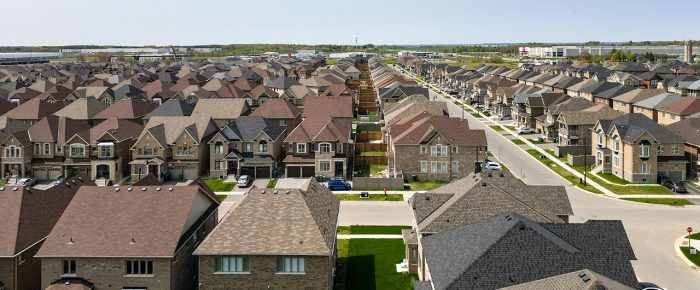
What is a residential mortgage?
A residential mortgage is the most common type of home loan in Canada. It is a loan issued by a lender to a borrower for the purpose of purchasing a residential property, with the property itself serving as collateral.
Before approving a traditional residential mortgage, lenders consider factors such as credit score, employment history, debt-to-income ratio, and down payment amount. These strict requirements can sometimes make qualifying difficult—especially for individuals who are self-employed or have unique financial circumstances.
Private mortgage lenders are often able to provide more flexible solutions. Private mortgages are typically designed for shorter-term borrowing needs and can serve as a bridge to help borrowers build their financial profile. Over time, this can borrowers to qualify for a traditional mortgage with lower interest rates.
About private residential mortgages:
With our private residential mortgage loans, you can access up to 75% of your property’s value (depending on location), often approved within minutes, and with far greater flexibility than you’d find at a bank.
The main qualification criteria is equity, which can come in the form of cash, investments, or property. We also take into account your credit history and current financial situation.
Because private mortgages are considered higher risk, they typically carry higher interest rates and fees than traditional bank loans. These will be clearly outlined in your offer and we work closely with your mortgage broker to find the best solution for you.
Key features and benefits:
- Available to borrowers with tarnished or limited credit history
- Consolidate debts to improve cash flow and re-establish credit
- Quick access to capital when you need it most
- No early payout penalties
- Short-term solution (an exit strategy is required)
Private residential mortgages can be a powerful tool for borrowers who need flexible, short-term solutions while working toward longer-term financial stability.
I got turned down by a traditional lender, can I still get approved with a private lender?
Private lenders can offer more flexibility, as they don’t need to follow the same strict requirements as a traditional lender. If you have equity (cash, investments, or property), you may qualify, even if turned down by a traditional lender.
What if I have bad credit?
Graysbrook Capital will assess your complete financial health including your home equity when processing your loan application. Credit is not the primary deciding factor leading to loan approval.
How do I apply for a residential mortgage?
Contact us for mortgage broker partner recommendations in Atlantic Canada and Ontario to get started!
How much can I get with a residential mortgage?
The amount you can borrow will depend on the property, your equity and credit history. We also consider your current financial situation when determining the amount you are eligible to borrow.
What happens if I can’t repay my loan?
If you are unable to repay your mortgage, you may be required to sell your collateral to repay the debt. This could put you at risk of losing your home or other assets. Before taking out a mortgage, be sure to consider all of the potential risks and disadvantages.

